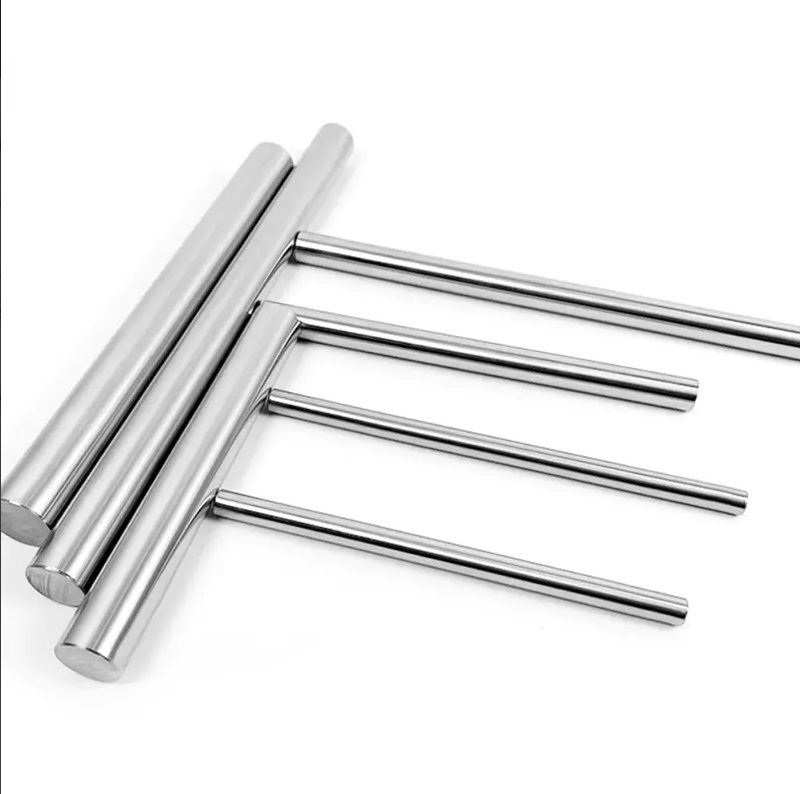Linear shafts and bearings work in a tight-knit partnership. While much attention is given to selecting the right bearing type and size, the condition and quality of the shaft itself are the primary factors determining the bearing's service life. Even the highest-quality linear bearing will fail prematurely if it runs on a substandard shaft. Understanding this relationship is key to maximizing the performance and longevity of your entire linear guide system.
The interaction between the bearing's rolling elements (balls or rollers) and the shaft's raceway is a point of extreme stress. A shaft with insufficient hardness will quickly develop wear tracks, leading to increased clearance, loss of preload, and catastrophic bearing failure. Similarly, a shaft with a rough surface finish creates excessive friction and heat, breaking down the bearing's lubrication and damaging the rolling elements.
The standards are clear: for optimal bearing life, the shaft must have a surface hardness typically between 58-64 HRC and an ultra-smooth surface finish. At Linear Shaft Company, our induction hardening process creates a deep, consistent case hardness that resists indentation and wear. Our precision centerless grinding then delivers a mirror-like finish that minimizes friction and allows the bearing to operate smoothly and efficiently.
By specifying a high-precision shaft from Linear Shaft Company, you are not just buying a component; you are actively protecting your investment in linear bearings. You ensure that the bearings achieve their designed L10 life, maintain accuracy over time, and contribute to a quieter, more efficient machine. It’s a simple equation: a superior shaft equals superior bearing performance. Make the right choice for both partners in this critical relationship.
You can contact us for more information at:
Whatsapp:+86 17398543323
E-mail: viola@jldbearing.com



